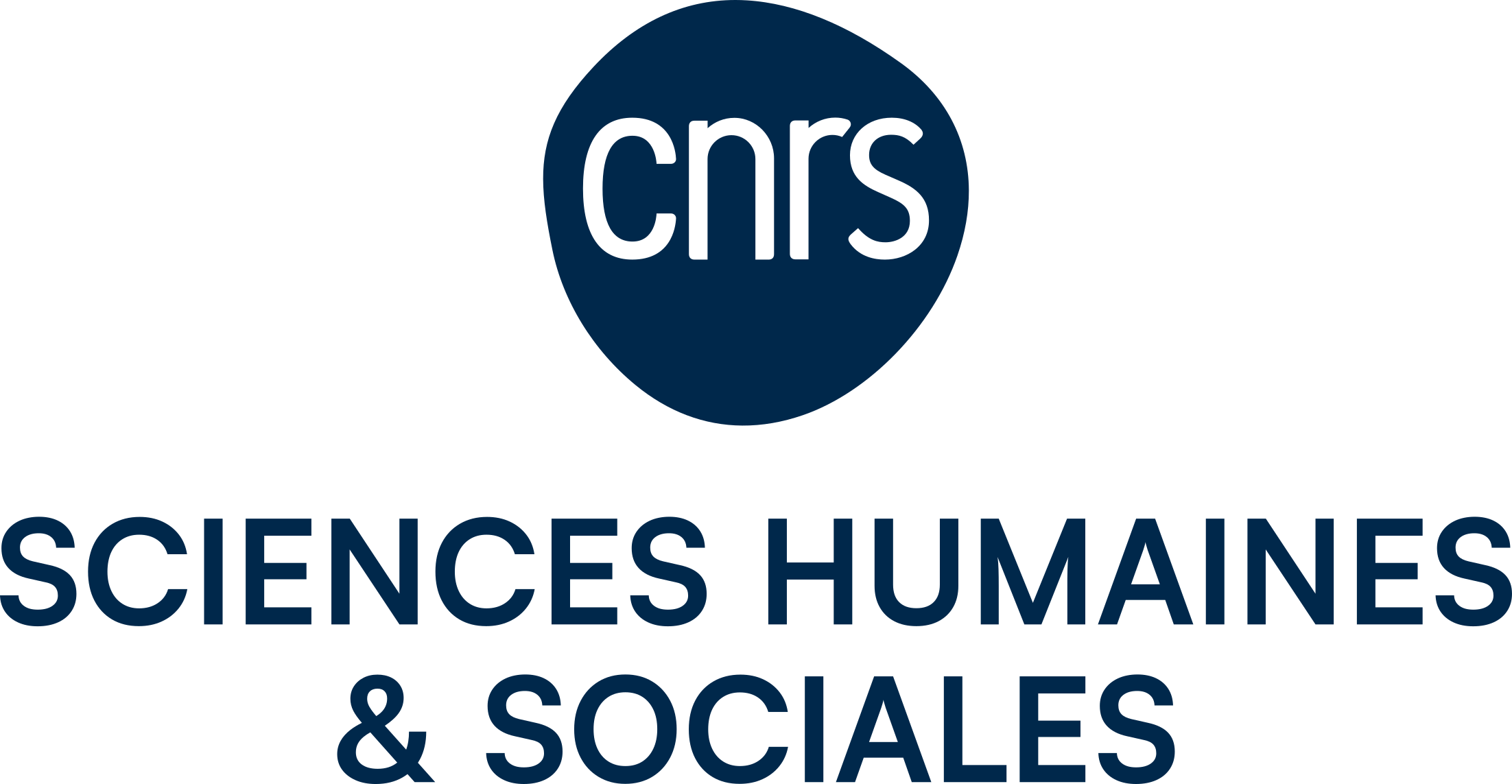07/12/2017 – Royce ANDERS
jeudi 7 décembre 2017, par
Advanced Signal Detection Theory for Social and Experimental Psychology : Empirical Cognitive Models for Performance and Questionnaire Data
Conférence
| Date : | 07 décembre 2017 |
|---|---|
| Heure : | 10h30 - 12h00 |
| Lieu : | Amphithéâtre Paul Collomp |
Résumé de la conférence
Classical signal detection theory (such as signal and noise distribution paradigms) has come a long way over the previous 20 years. Particularly, this framework has been largely integrated into what I will refer to as empirical cognitive models. These models are used to learn more about the latent cognitive processes that underly observed performance from psychological experiments. These include high-performance models that can account for (or measure) human factors in the response process. Furthermore, developments in hierarchical Bayesian analysis has empowered these models to provide even stronger analyses than previously possible. In this seminar, I will review and demonstrate these concepts by going over two of my principal involvements in hierarchical Bayesian cognitive modelling to (1) social / anthropological applications and (2) experimental / psycholinguistic applications. The first of these approaches is excellent for learning more about the latent consensuses and subclusters from questionnnaire or knowledge-based studies. The second set of approaches is strong for learning more about performance (accuracy) and latency data. I may also discuss their implication in neuroscience studies.
Conférencier
Dr. Royce ANDERS
Université Aix-Marseille
CNRS
[Site internet]

depuis votre smartphone



